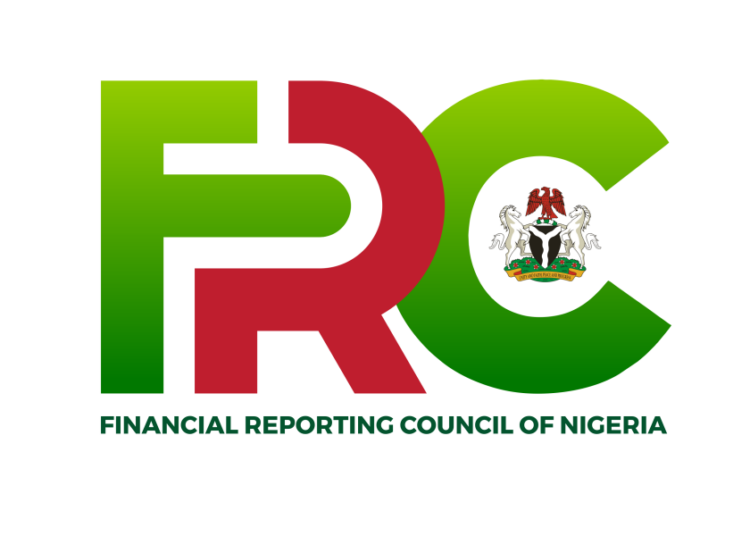The executive secretary (ES), Financial Reporting Council (FRC) of Nigeria, Dr. Rabiu Olowo, has said, the council is set to unveil the code of conduct for both public sector and not-for-profit sector to enhance efficiency in corporate reports in the first quarter of 2024.
He disclosed this during the council’s stakeholders and media roundtable, themed: ‘FRC and the Renewed Hope Agenda for a stranger Nigerian economy.’
According to Olowo, there has “been concerning evidence that a number of entities and government institutions are falling short of the high standards expected under the FRC Act 2011, hence, the reason we need to up our game when it comes to financial reporting and corporate governance.”
The Central Bank of Nigeria (CBN), under the previous administration along with some other governments, have in recent times been accused of weak corporate governance that led to the removal of key officials.
Olowo noted that there is a need for proper guidance of both public sector and not-for-profit sector governance code, as the sector remains the catalyst of economic growth in not only Nigeria but emerging markets, so institutionalising the sector is fundamental towards sound policies and economic growth.
“So, the new FRC code is going to be a new robust, vibrant, independent and high performing regulator comparable to any of its types globally. We have the presidential backing to ensure that we improve in all areas of our oversight. We are going to issue new codes of corporate governance for public institutions.
“We are going to issue new codes of corporate governance for the not-for-profit sector. We are not just going to issue these codes. We want to make sure that we owe to account those who are responsible for delivering the standards and the codes that we have set. We want to make sure that we go out there to actually embed our regulatory oversight so that at the end of the day, this will come back to us as a nation by attracting foreign direct investment, foreign portfolio investment, only when investors can rely and they see a financial statement as credible,” he stressed.
Asked if the financial reporting style is outdated, he said, the council adopted the International Financial Reporting Standards (IFRS) back in 2012. “As a regulator, we need to continually work with businesses to ensure that this new standard is being adopted and that the new language of business is embedded.
“Most businesses, especially the big businesses, have adopted the IFRS fully, but we see improvement opportunities in how medium-sized businesses can up their game when it comes to this adoption so we continuously see the opportunities for improvement in this area.”











